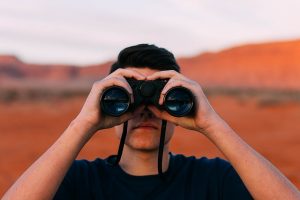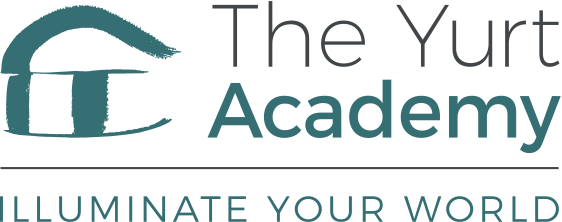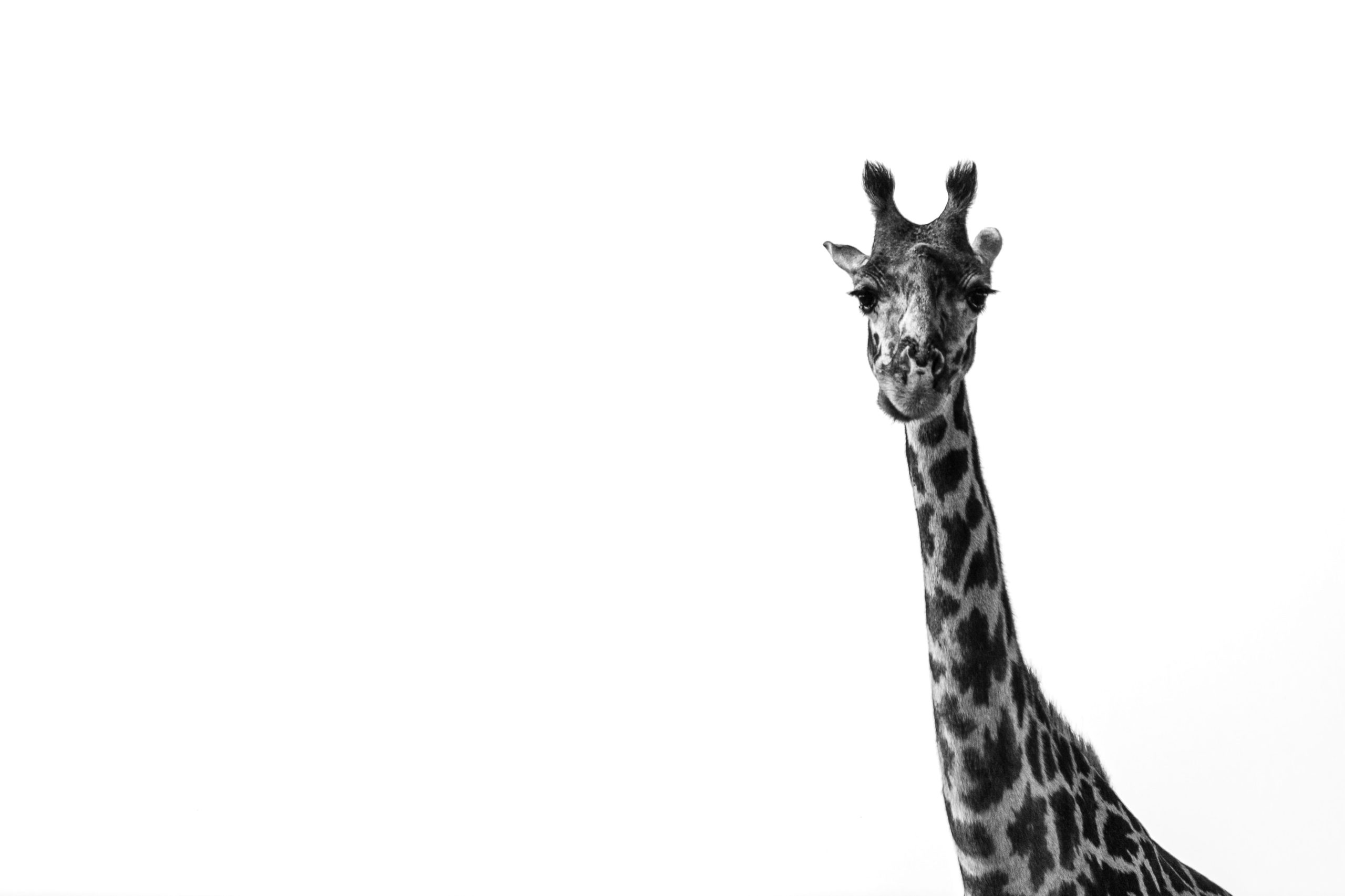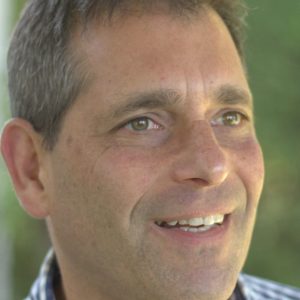Interview on Curiosity with Marcelo Staricoff
What is curiosity?
I think that curiosity is the essence of life.
It’s the starting point for all learning, for all discovery, for the development of society, of humanity, of humans, of the world.
Without curiosity, society would not advance or have advanced to what we know now, to how we are now.
Could you share with us your definition of curiosity?
I believe there are two parts to my definition of curiosity:
Firstly – we are curious to discover things in the world we don’t know, that no one knows. Things that don’t currently exist, problems that currently haven’t been solved.
And secondly, as human beings, we are curious to find out things that one doesn’t know.
That differentiation in these two parts is what sparked my interest in making the move from a career as a scientist to one as a primary school teacher. I think that all children are born philosophical, curious, always wanting to know more, to investigate the how and why of everything they encounter.

It’s not so much that they want to know about things that no one knows, they want to know about things that they don’t know themselves. So, they use their curiosity to try and make sense of the world and of themselves as people.
Can you elaborate on why curiosity is important?
Let me call on an Einstein story to explain why I think curiosity is so important in life.
When Einstein came home from school, his parents never asked him what he did at school, but asked him what questions he’d asked.
I think that is the most wonderful illustration of what curiosity is – and how it should be perceived as a natural part of everyday life – the continuous asking or thinking of questions to ask to further our knowledge and understanding.

One of the great things about curiosity is that it enables you to see things from different perspectives – or from perspectives that you had never envisaged or even considered before. It opens the individual to being very comfortable with uncertainty and that’s one of the things that I’m really fascinated by. I refer to the realisation that in order to learn something new, we must realise that we don’t already know it as The Joy of Not Knowing or JONK.
Curiosity is a great antidote to certainty. There is nothing more exciting than when individuals are open to alternative views, thoughts, perspectives; feeling that one is certain without allowing room for manoeuvre can stifle curiosity, creativity and progress.
Can you explain the JONK concept?
In the JONK approach to learning, I identified four areas that the learners find themselves in as they move through the learning process, from the not knowing to the knowing.
At any one time, as learners we find ourselves occupying one of four areas:
- At the point of starting to learn stage: curiosity provides us with the intrinsic motivation to want to learn, in the knowledge that we are about to embark on a process that will lead to us acquiring new knowledge that we currently do not have.
- The Learning stage: this is when you are in the ‘JONK Pit of Learning’ and you use all the resources, strategies and tools available at your disposal to start to work through the problem or through what you are trying to achieve.
- The realisation that new knowledge is being assimilated stage: this is the metacognitive stage, the reflective stage, where one is constantly asking oneself, have I conquered this, have I mastered this in sufficient depth, do I have all the understanding that I need?
If the answer is yes, one can then climb out of the Pit and enter the fourth stage. If the answer is no, however, the learner enthusiastically goes back into the Pit to spend a bit more time in the learning stage.
- The having learnt or mastered the knowledge stage: once the problem has been solved or the task achieved, curiosity enables the learner to regard this stage as just the beginning of lots more learning, lots more questions, lots more connections, all emerging purely as a result of having learnt something new. The non-curious version of this stage is to see this stage as the learner having achieved the ‘final’ answer without any wish to pursue the learning further.
Curiosity at this stage may also inspire the learner to go back into the Pit and try and find a different solution to the same problem or a different route to the same solution! This is what I refer to as ‘intellectual challenge’ and it is all driven by being curious, wanting to see what happens if…
Curiosity brings excitement to all these JONK stages of learning and encourages the learner to be self-aware of which stage they are in at any particular time.
If perhaps we have lost our sense of wonder, what can we do to get it back?
I think it’s all to do with conversations, asking questions, communicating, exploring, enabling every individual’s dreams and visions to come to the fore in the everyday routine of an organisation, for the individual to feel valued and listened to and for them to feel that within the organisation ‘anything and everything is possible’, or at least the discussion of it is possible.
As a Headteacher, I would always say to the staff that my main wish was to create the conditions that would enable their dreams and wishes to come true.
This question is very context related. In an organisation for instance, what is key is to make sure that every employee feels a part of where the organisation is going. If there is an infrastructure within the workplace that enables every person to feel that their voice counts and that they have a say in where that organisation is heading, I think it is a very helpful way of nurturing every individual’s curiosity. If they feel they are part of the machinery and nothing will ever change – then their curiosity is stifled.
We are told we need to be lifelong learners to adapt to the Future of Work. How can we become one?
To return to your first question of how I would define curiosity, another way to answer is to consider some of the work that led to the formulation of the JONK philosophy in practice. Through action research in the classroom we identified that it is very useful to be aware of the ‘opposite’ attributes that are generally recognised as being the ones we require to be effective lifelong learners. In the case of curiosity this is being passive, where the learner does not engage with the learning in any other way than to accept it, the learner is not interacting with the learning in any way.
Curiosity is one of the recognised dispositions that make us effective lifelong learners. In this context it is very useful to then place passivity and curiosity at either ends of a continuum and to then keep reflecting upon the types of behaviours and dispositions that allow one to keep moving along the continuum towards the direction of curiosity.
Curiosity enables us to be inquisitive, to interact, to wonder, to ask the why and how of things. It is the quenching of that thirst for curiosity that then brings us the satisfaction and enjoyment that helps us to keep intrinsically motivated and on the path of lifelong learning.
One of the most wonderful things that happened as a Headteacher was the introduction of ‘Why’ books for four-year olds. This was at their request as they said that they come into school being curious about so much in the world that they wanted a place to write it all down. The questions they write in these books are incredibly magical; I have always wondered, could a similar venture be established in the workplace?
At The Yurt Academy, Marcelo delivers a Foundation Masterclass in the Curious Yurt. Read more about it here:
How to nurture, cultivate and integrate curiosity across all aspects of work and of life


